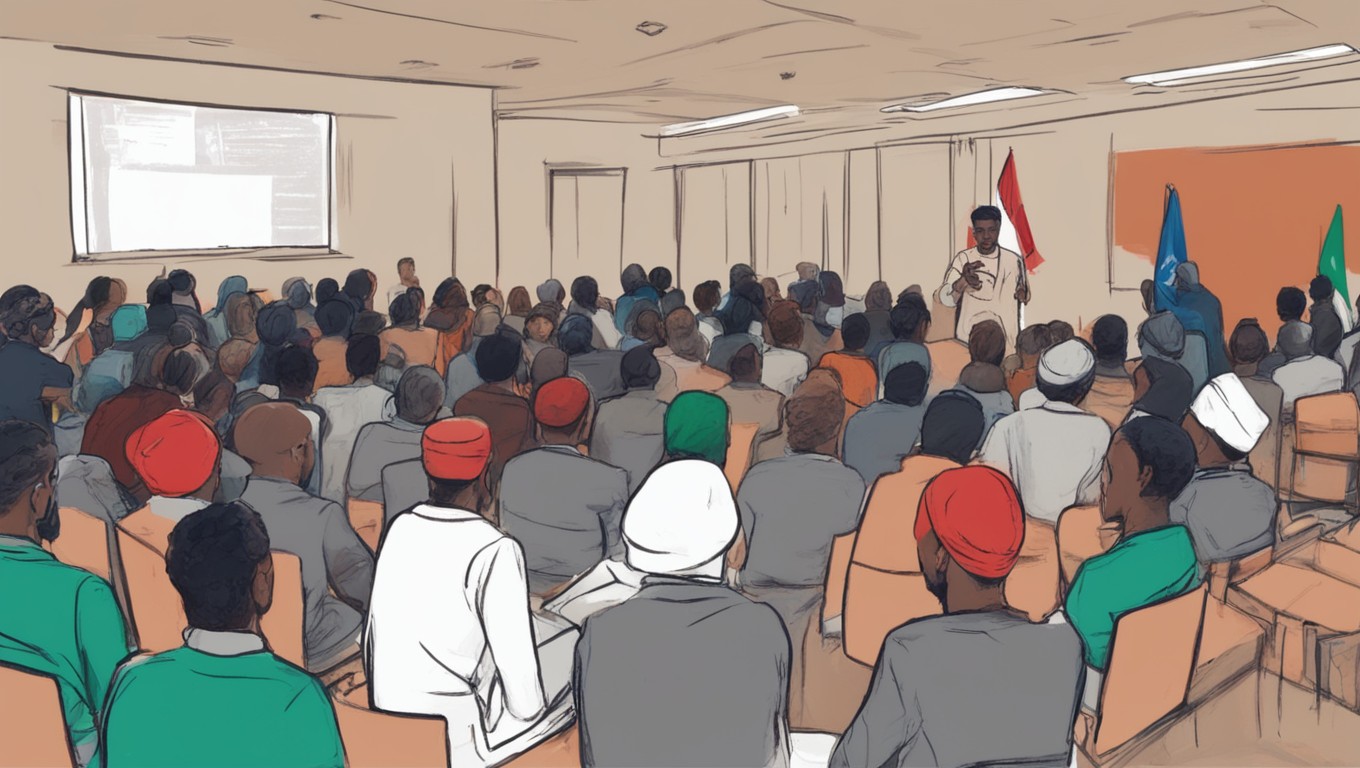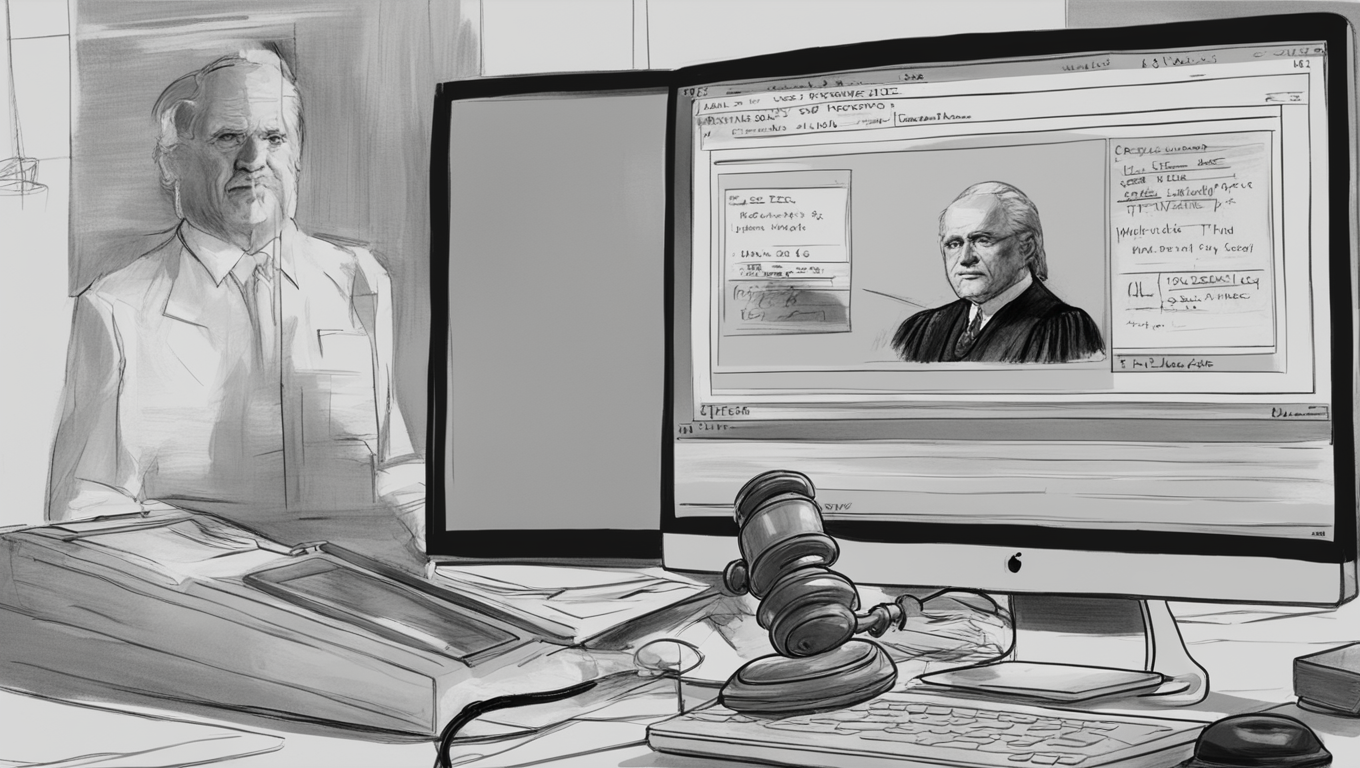Legislation to Support Digital Learning and Technical Education in Nigeria: Speaker of the House Pledges to Bridge Education-Employment Gap
In a recent public hearing organized by the House Committee on Federal Polytechnics and Higher Technical Education, the Speaker of the House of Representatives, Tajudeen Abbas, expressed commitment to the appropriate legislation that will foster digital learning and technical education in Nigeria. The hearing focused on four Bills seeking to establish various educational institutions, including the National Vocational Centre and the Federal Artificial Intelligence Institute.
Abbas emphasized the importance of polytechnic education in driving the Nigerian economy towards industrial development. He highlighted the need for strong collaboration between the government and all stakeholders to ensure that educational institutions go beyond theoretical knowledge and equip youths with practical skills. With the emergence of new technologies like artificial intelligence, practical skills are crucial for youths to succeed in a technologically driven job market.
The Speaker affirmed the House’s commitment to improving access to quality education, enhancing educational infrastructure, and raising teacher quality. He stated that the public hearing reflects the House’s desire to prioritize technical and vocational education as part of the ongoing social sector reform. Reformation and modernization of science and technical education are seen as critical steps to promote skills acquisition and empower Nigerian youths to contribute meaningfully to the country’s economic growth and development.
Abbas also stressed the importance of functional education in the fight against insecurity, as providing gainful engagement for students and youths is necessary. He expressed hope that the establishment of the proposed science and technical institutions would address the skills gap, promote innovation and entrepreneurship, and support the government’s efforts to diversify the economy. These institutions aim to bridge the gap between education and employment by providing qualitative education that meets international standards while also catering to local needs.
In conclusion, Abbas highlighted the main objectives of establishing higher technical institutions, which include providing qualitative education in science, skills acquisition, art, and technical and vocational education. He emphasized that these initiatives are not merely legislative proposals but represent a commitment to Nigeria’s future, where education plays a central role in economic growth, social mobility, and national development. The Speaker called for objective and constructive inputs from all stakeholders to ensure transparency and accountability in the governance of educational institutions.
The Chairman of the Committee, Rep Fuad Kayode Laguda, further emphasized the importance of Science, Technology, Engineering, and Mathematics (STEM) in driving economic growth. He stated that empowering Nigerian youths with knowledge of technologies is essential for leveraging their contributions to Nigeria’s industrialization. The passage of these Bills into law would not only empower the workforce technologically but also address issues such as unemployment, wealth creation, poverty reduction, and youth restiveness.
The establishment of vocational, entrepreneurship, and technical skills acquisition institutions aims to train technicians and middle-level personnel who will contribute to rapid industrialization and the development of Nigeria’s real sector of the economy. The stakeholders present at the hearing were urged to engage in purposeful deliberations and provide positive inputs to enrich the proposed laws. The contributions of all stakeholders are vital for the success of these Bills, which seek to address contingent economic issues in Nigeria.





Use the share button below if you liked it.